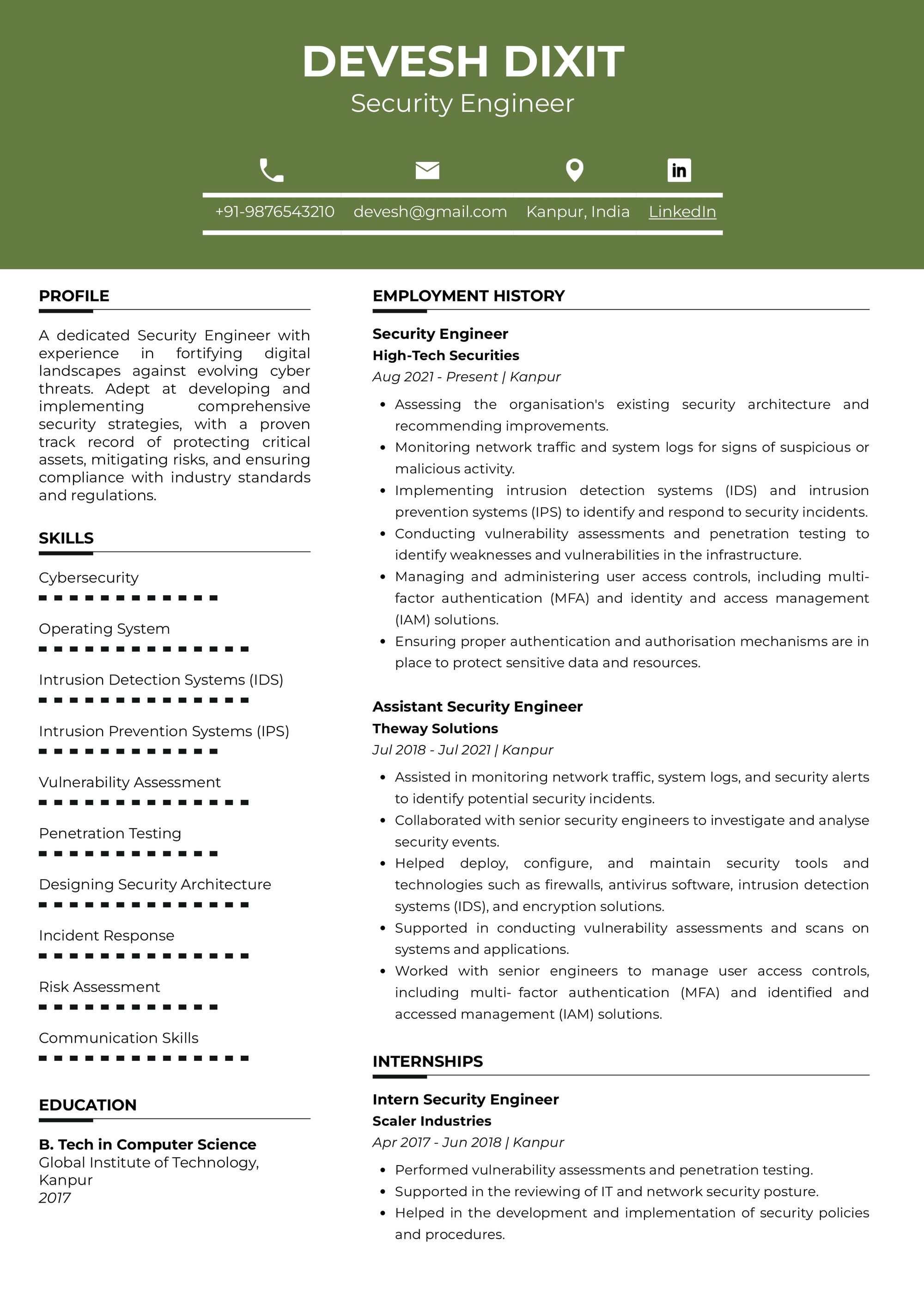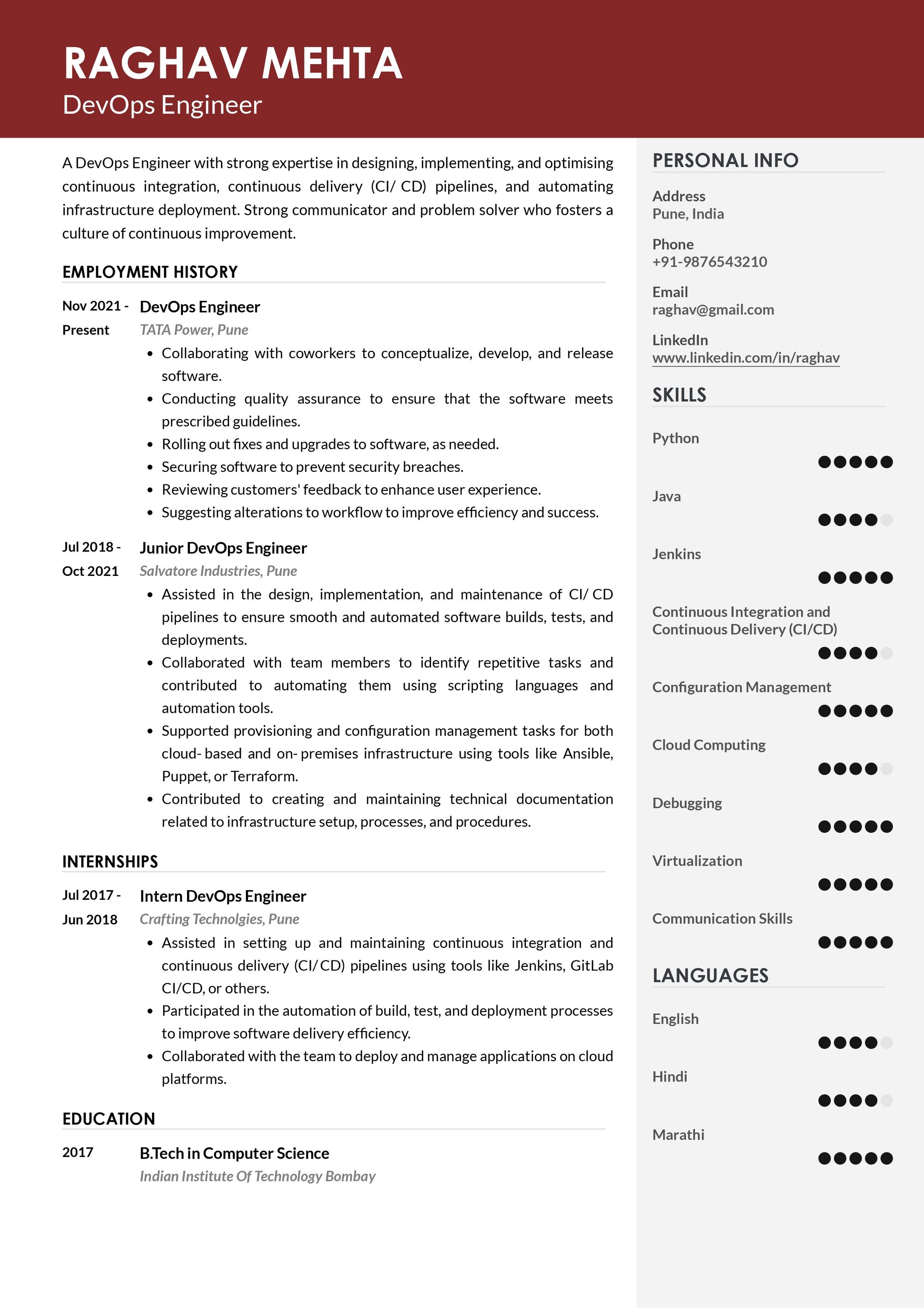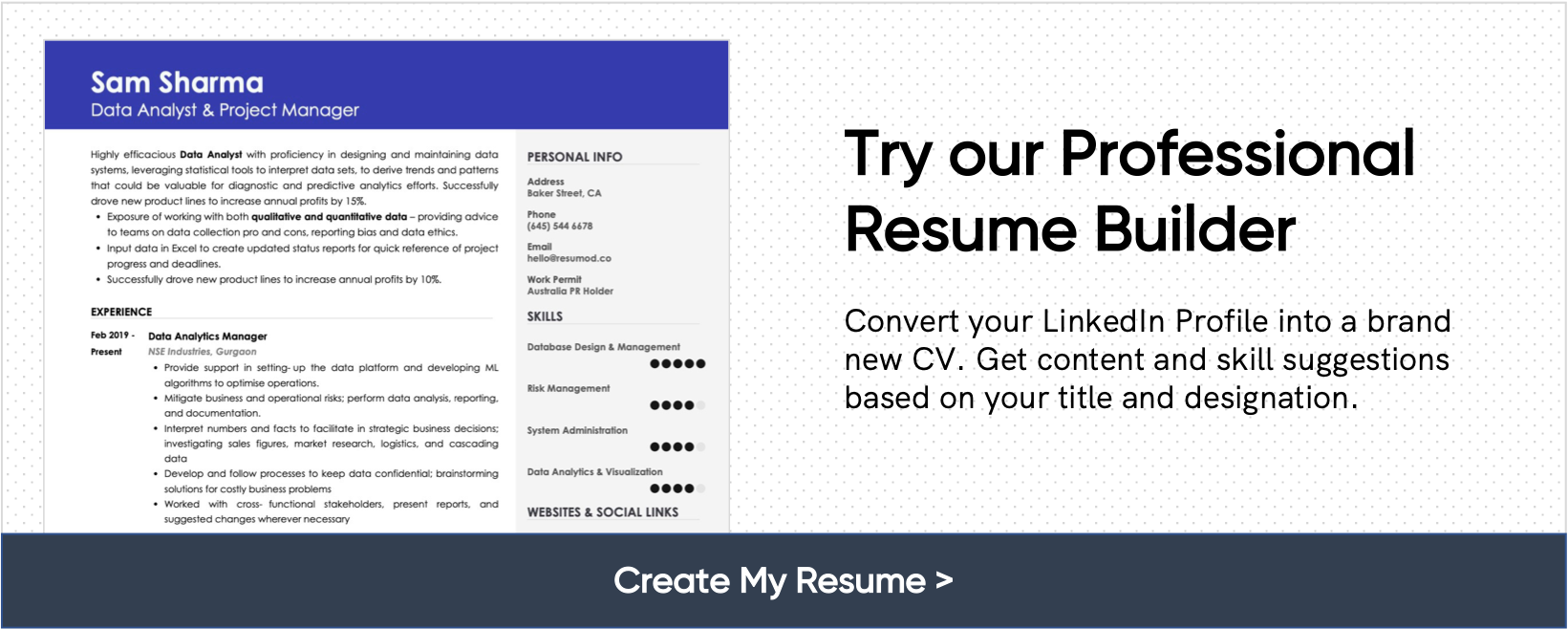How To Become A Magento Developer (With Salary And Skills)
But how do you become a Magento specialist? What skills, qualifications, and career paths should you focus on?
The digital marketplace is growing at an incredible pace, and e-commerce platforms are at the heart of this expansion. Among them, Magento stands out as one of the most robust, scalable, and customizable solutions for building online stores. As businesses across industries shift toward online selling, the demand for Magento professionals has skyrocketed.
But how do you become a Magento specialist? What skills, qualifications, and career paths should you focus on? And what can you expect in terms of salary and growth opportunities?
This guide walks you through everything you need to know about becoming a Magento developer (often also referred to as a Magento manager or consultant) - from job responsibilities to skills, qualifications, industry applications, and interview preparation.
This blogpost includes:
- What Does a Magento Manager Do?
- How to Become a Magento Manager?
- Skills for a Magento Manager
- What Do Magento Manager Qualifications Mean?
- Importance of Magento Management in Different Industries
- Who Can Become a Magento Manager?
- Interview Questions for Magento Managers
- Salary of a Magento Manager
What Does a Magento Manager Do?
A Magento manager (or Magento developer/consultant, depending on the role) is responsible for creating, managing, and optimizing online stores built on the Magento platform. The role bridges technical expertise with business understanding, ensuring the store is both functional and aligned with sales goals.
Core Responsibilities:
- Website Development: Building custom e-commerce stores using Magento’s framework.
- Customization: Developing extensions, plugins, or modules tailored to specific business needs.
- Integration: Connecting Magento with third-party systems such as payment gateways, CRMs, ERPs, and shipping providers.
- Performance Optimization: Ensuring websites load quickly, handle traffic efficiently, and offer seamless shopping experiences.
- Security: Implementing security patches, monitoring vulnerabilities, and safeguarding customer data.
- Team & Project Management: In senior or “manager” roles, supervising junior developers, coordinating with designers, and ensuring projects meet deadlines.
- Client Consultation: Understanding client requirements, recommending solutions, and translating business needs into technical specifications.
Simply put, a Magento manager ensures that an online store is not just visually appealing but also secure, scalable, and revenue-driven.
How to Become a Magento Manager?
The journey to becoming a Magento professional does not necessarily follow a single route. However, most successful developers follow these steps:
Build a Strong Foundation in Web Development
- Learn HTML, CSS, and JavaScript, as these form the backbone of e-commerce design.
- Gain proficiency in PHP, the primary programming language used in Magento.
- Understand databases like MySQL, as Magento heavily relies on database management.
Learn the Magento Platform
- Start with Magento Open Source before progressing to Adobe Commerce (Magento’s enterprise version).
- Explore features such as product catalogue management, checkout customization, and module development.
- Experiment by creating your own demo store to gain hands-on experience.
Get Certified
Adobe offers official Magento certifications such as:
- Adobe Certified Professional – Magento Commerce Developer
- Adobe Certified Expert – Magento Commerce Business Practitioner
These certifications demonstrate your expertise and boost employability.
Gain Practical Experience
- Internships or freelance projects on platforms like Upwork, Fiverr, or Toptal.
- Contributing to Magento open-source projects on GitHub.
- Joining e-commerce agencies where Magento development is a core offering.
Specialize
You can branch into specific roles, such as:
- Backend Magento Developer – focuses on server-side customization.
- Frontend Magento Developer – designs user interfaces and enhances UX.
- Magento Project Manager – oversees entire projects, aligning business and technical goals.
Skills for a Magento Manager
To thrive as a Magento professional, you will need a blend of technical, business, and soft skills.
Technical Skills
- Magento Framework: In-depth understanding of Magento architecture, modules, and APIs.
- PHP & MySQL: Core backend technologies.
- JavaScript, jQuery, Knockout.js: Essential for front-end development.
- Version Control (Git): Managing collaborative code.
- Cloud Hosting & DevOps Basics: Familiarity with AWS, Docker, and CI/CD pipelines.
- Security Best Practices: Knowledge of SSL, data encryption, and PCI compliance.
Business & Managerial Skills
- Project Management: Agile and Scrum methodologies for e-commerce rollouts.
- Budgeting & Cost Estimation: Managing resources effectively.
- Client Communication: Explaining technical solutions in simple terms.
Soft Skills
- Problem-solving mindset
- Collaboration and leadership abilities
- Analytical thinking to optimize sales funnels
What Do Magento Manager Qualifications Mean?
While many developers enter the field through computer science degrees, formal education is not always mandatory. What truly matters are certifications, portfolios, and real-world skills.
Typical Qualifications
- Bachelor’s Degree: In Computer Science, Information Technology, or a related field.
- Magento Certification: Adobe’s certification programs are highly valued.
- Experience: Employers prioritize candidates with hands-on experience in Magento projects, even if they lack formal education.
In other words, qualifications in this field often mean demonstrated expertise, not just academic degrees.
Importance of Magento Management in Different Industries
Magento is not limited to retail - it serves multiple industries that need robust e-commerce solutions.
- Retail & Fashion: Magento supports large product catalogues and seasonal updates, making it ideal for fashion brands.
- Healthcare: Enables secure online sales of medicines, medical equipment, and subscription services.
- B2B Companies: Magento’s B2B features include bulk ordering, custom pricing, and account management.
- Electronics & Consumer Goods: Handles high traffic volumes, product variations, and advanced filtering.
- Education & Digital Services: Supports course subscriptions, e-learning platforms, and digital product sales.
By managing Magento efficiently, businesses across sectors can scale faster, provide better customer experiences, and increase ROI.
Who Can Become a Magento Manager?
The good news is: almost anyone with the right skills and dedication can pursue this career.
- Fresh Graduates: Those with IT, computer science, or related degrees can start with entry-level roles.
- Web Developers: Developers with backgrounds in PHP, WordPress, or Shopify can transition to Magento with some upskilling.
- E-commerce Enthusiasts: Business professionals with an interest in online retail can enter the managerial side after learning the platform.
- Freelancers: Many freelancers become Magento consultants after gaining enough experience.
There is no strict barrier - what matters most is your willingness to learn, practice, and specialize.
Interview Questions for Magento Managers
Preparing for interviews is crucial. Here are some commonly asked questions for Magento-related roles:
Technical Questions
- Explain Magento’s architecture and directory structure.
- How would you optimize a slow-loading Magento store?
- What are Magento extensions, and how do you develop one?
- Can you explain dependency injection in Magento 2?
- How do you ensure Magento site security?
Managerial/Scenario-Based Questions
- How do you handle client requests for features that are not feasible within Magento?
- Describe a project where you had to manage multiple stakeholders with conflicting priorities.
- How do you balance customization with maintaining Magento updates and patches?
- What steps would you take if a Magento site crashes during peak sales season?
Behavioural Questions
- Tell us about a time you solved a complex e-commerce issue under pressure.
- How do you mentor junior developers or team members?
- What motivates you to work in e-commerce development?
Salary of a Magento Manager
Salaries vary based on experience, role specialization, and location.
- Entry-Level Magento Developers: $50,000 – $70,000 annually (₹4–6 LPA in India).
- Mid-Level Magento Developers/Managers: $75,000 – $100,000 annually (₹8–15 LPA in India).
- Senior Magento Managers/Architects: $110,000 – $140,000+ annually (₹18–25 LPA in India).
Freelancers can earn significantly more if they work with international clients, charging between $25–$100 per hour depending on expertise.
Top Rated Resumes on Resumod
Resume of Software Engineer

Check the full resume of a Software Engineer in text format here.
Resume of Security Engineer

Check the full resume of security engineer in text format here.
Resume of DevOps Engineer

Check the full resume of devops engineer in text format here.
Resume of Tableau Developer

Check the full resume of Tableau Developer in text format here
Resume of Software Developer

Check the full resume of Software Developer in text format here
Resume of Software Testing Professional

Check the full resume of Software Testing Professional in text format here.
Final Thoughts
Becoming a Magento developer or manager is not just about learning a tool—it’s about mastering an ecosystem that powers some of the world’s largest e-commerce platforms. With the right skills, certifications, and practical experience, you can enter a career that is both financially rewarding and future-proof.
From technical coding to business management, Magento roles combine creativity with strategy. Whether you are a student, a developer looking to upskill, or a professional aiming to transition into e-commerce, Magento offers opportunities for growth, global demand, and long-term stability.



